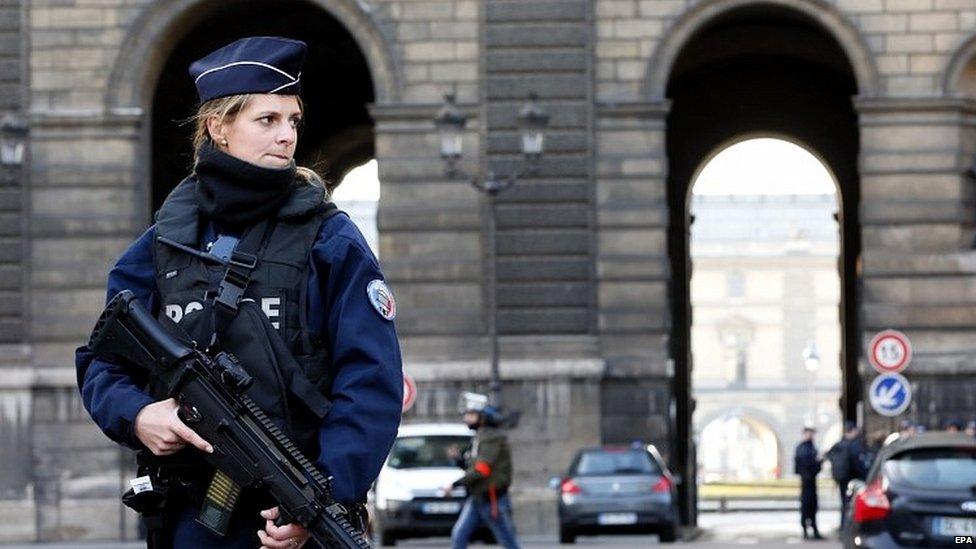Salisbury Novichok poisoning: Could suspects be returned to the UK?
- Published

Two Russian men suspected of the attempted murder of former spy Sergei Skripal and his daughter Yulia, will not be extradited from Russia to be tried in the UK.
That's because it is written into the Russian constitution that its citizens may not be extradited to another state.
But if either of the suspects sets foot in any EU member state, they can then be brought to the UK under a mechanism called the European Arrest Warrant.
If an EU country believes that someone suspected of having committed a crime has travelled to another member state, it can ask that state to arrest them.
They must then be returned to the country that made the request, to be dealt with by its justice system.
Use of this mechanism has risen steadily over the past 10 years.
A European Arrest Warrant has already been issued for the two men, named as Alexander Petrov and Ruslan Boshirov, suspected members of Russian military intelligence.
The system means that extradition doesn't require a political decision in order for a suspect to be handed over, since EU countries can no longer refuse to surrender a suspect.
Before the process was introduced in 2004, extradition used to take an average of one year, but that has been cut to an average of 48 days, according to the European Commission. A suspect must be handed over within a maximum of 90 days after arrest.
Between 2009 - when the data was first broken down by nationality - and 2017, two Russian nationals have been arrested and surrendered under a European Arrest Warrant at the request of the UK. One was wanted for fraud, the other for murder.
In total in 2017, the UK made 278 requests for the return of individuals, leading to 201 arrests. Of those, 183 were eventually turned over to the UK.
People wanted for child sex offences made up the largest group of wanted offenders, followed by murder and manslaughter.

Use of the European Arrest Warrant has increased steadily over the past decade
But the largest group actually arrested was wanted for "offences against the person", including assault, with the second largest group wanted for drug offences.
Of all the people the UK requested that other EU states surrender to it, by far the biggest group were UK nationals, followed by Polish nationals.
UK citizens suspected of crimes can also be extradited from the UK to other EU countries.
In 2017, EU countries made 16,837 extradition requests, resulting in 1,510 arrests and 1,164 surrenders of suspects to be tried in other jurisdictions.
Low-value theft and drug offences were the common reasons for these requests.
And by far the most requests were made by Poland.
The UK has said it wants to continue to be part of the scheme after Brexit, but it's not clear whether this will be possible.


